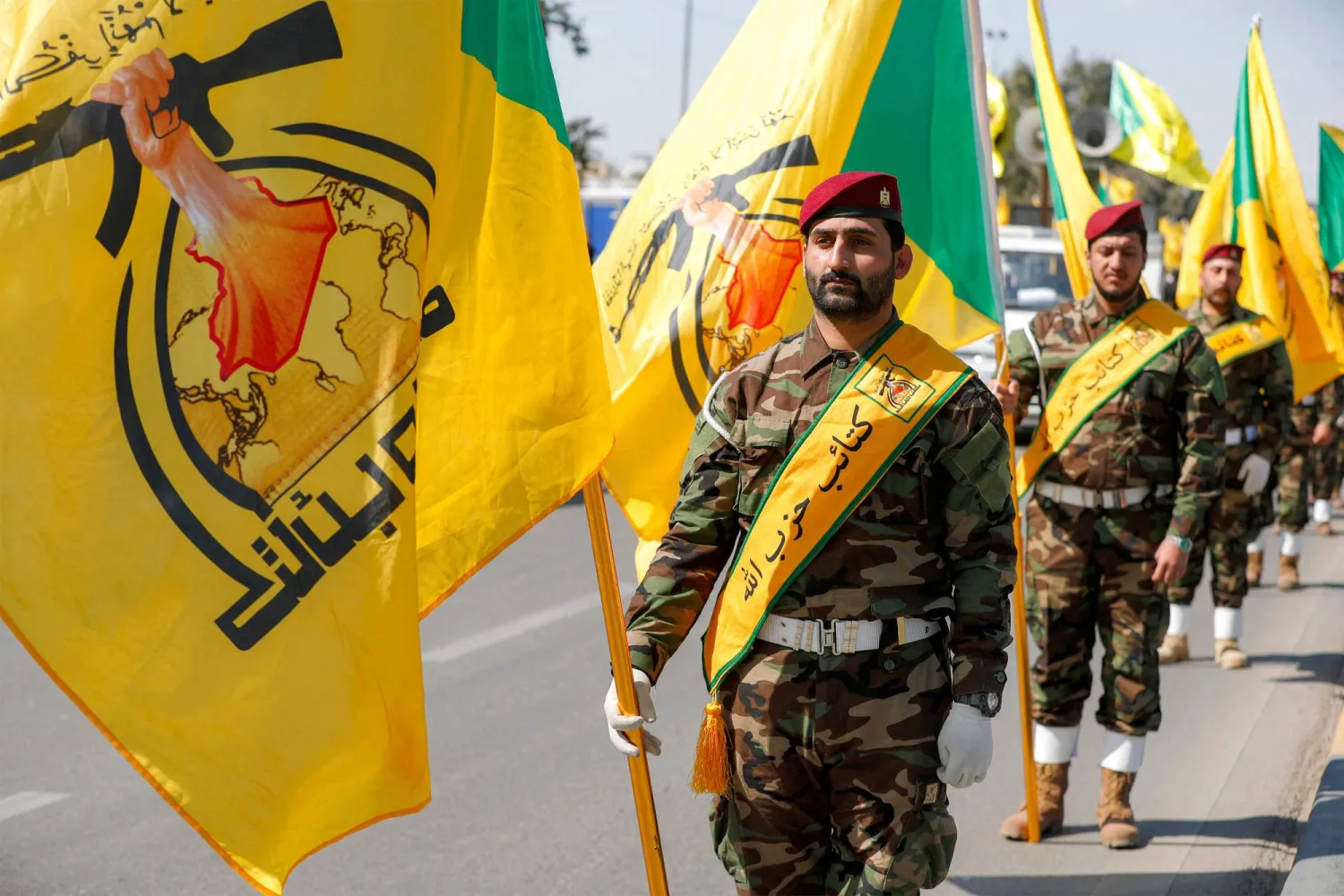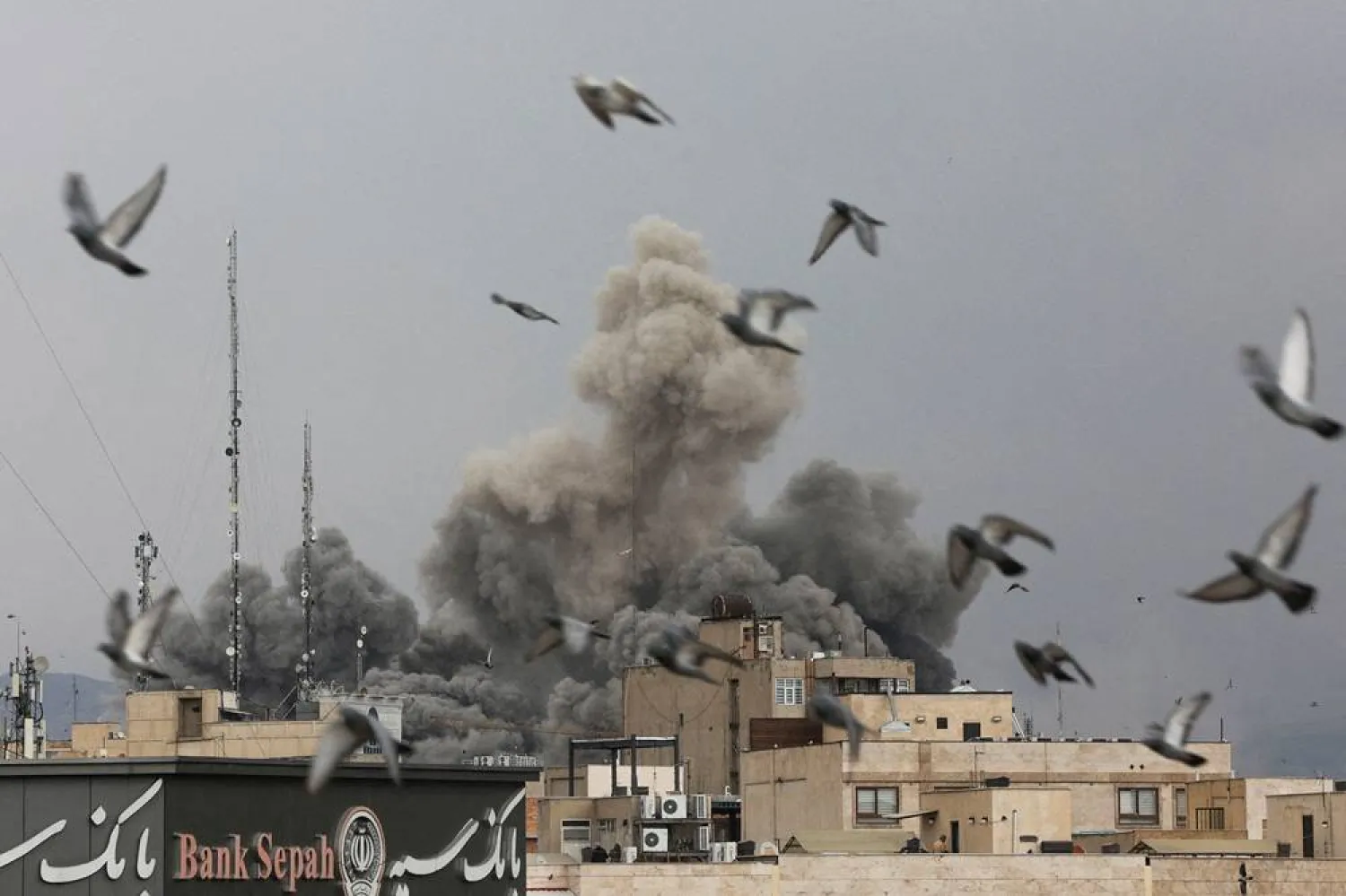Eyup Sabri Kirgiz gathered up his loved ones — both family and pets — and with a heavy heart left his beloved city of Beirut behind, after two weeks of deadly airstrikes that had traumatized his family.
The 50-year old Turkish engineer who moved to the Lebanese capital 21 years ago, was living in the Ein Rummaneh neighborhood, close to Beirut's southern suburbs, an area known as Dahiyeh that has been the target of heavy Israeli airstrikes amid an escalation of the war in the Middle East, this time between as Israel launched war on Lebanon.
“For the last two weeks or so, we had been feeling all those bombs as if they were exploding in the house,” said Kirgiz, who along with his Lebanese wife, two children and his mother-in-law was among hundreds of people who were evacuated from Lebanon on Thursday aboard two Turkish navy ships.
“There was no sleep or anything. We would just sit until the morning. You can only sleep when the drones go away. It is impossible to sleep with that drone sound anyway,” Kirgiz told The Associated Press on board the TCG Sancaktar. The AP was the only nongovernment media that was invited aboard the vessels to cover the evacuation operation.
It's been a year of war. Hezbollah launched rockets into Israel from Lebanon on Oct. 8, 2023, one day after the Hamas-led attack in southern Israel that led to the Israeli offensive in Gaza, and Israel and Hezbollah have been trading attacks since then. But since the fighting escalated in mid-September, more than 1,400 people have been killed in Lebanon and over a million displaced.
The almost 1,000 evacuees — mostly Turkish citizens and their foreign-born spouses — on board the TCG Sancaktar, and its sister landing vessel, the TCG Bayraktar, napped or sat on camp beds surrounded by the few belongings they could bring. Aid workers on board the vessels distributed sandwiches and refreshments during the 12-hour crossing to the Turkish Mediterranean port of Mersin.
Previous Turkish government figures put the number of people to be evacuated at close to 2,000. A security official, speaking on condition of anonymity in line with government rules, said some people who had expressed interest in leaving did not show up.
Kirgiz spent much of the journey tending to his dogs, Bella and Ammun — as well as their pet turtle, Coco, which he kept in a shoe-box — to ensure that they did not disturb slumbering fellow passengers.
The air was stuffy, making the journey uncomfortable at times.
A 75-year-old passenger on board the ship was evacuated by helicopter to northern Cyprus after he suffered a heart attack during the voyage. He later died in the hospital, the security official said.
Kirgiz, who describes himself as “the lover of Beirut” said he hopes to return there soon.
“I’ll see what the situation is like in a week or 10 days. I’ll wait for things to calm down a bit. After that, if I think it’s no longer dangerous, I’ll go back. Because I love this place so much. And after, (the plan) is to bring back the family and children,” Kirgiz said.
Turkish-born Dilber Taleb and her Lebanese-born husband Ahmad, who live in Australia, were on holiday in Lebanon when the conflict escalated. They were spending time with Ahmad's parents so that they could get to know their infant grandson, Khaldun.
Although their neighborhood was not targeted by the Israeli strikes, the couple grabbed the opportunity to leave Lebanon.
“You’re anxious every day. When you are under stress, you worry whether something will happen, whether they will block the road or bomb something. That’s why he wanted to leave Lebanon as soon as possible," said Dilber Taleb.
Her husband sounded tormented at having to leave his parents behind.
“My parents, they are only Lebanese (nationals), they’re not Turkish citizens or Australian citizens like us,” he said. “But I wish in the future I can take them with us, maybe to Türkiye or to Australia. Because we can’t stay living under this stress.”
Among other passengers on board the vessel was Goncagul Udigwe, her Nigerian husband Callistos and their 7-month-old daughter, Hilda. They had moved to Lebanon, where he ran his own business, just five months ago.
The family decided to leave Lebanon because they feared it would turn into “another Gaza,” she said as the family waited to board the ship in Beirut. Speaking again to AP journalists as she disembarked in Mersin, she felt a rush of relief.
“Right now I am extremely happy that we are reunited (with Türkiye) safe and sound. I am in my own land, I feel safe, I feel at peace."
Udigwe continued: “But of course, I feel very sorry for those who have to stay there (in Lebanon) because they are not in a good situation at all. They sleep on the sidewalks, in cars. So it’s very difficult. I’ve never seen anything like this before. I’ve never experienced anything like this in my own country.”
The ships arrived back in Türkiye late Thursday and early Friday. The exhausted passengers were bused to another area of the port to pass through immigration checks.
The two ships were part of a convoy of six-vessels that departed Mersin on Wednesday, carrying some 300 tons of humanitarian aid to Lebanon, including food, tents and blankets. AP journalists on board the Sancaktar could hear the sound of drones flying above the ships, while the aid was being unloaded and the evacuees were boarding.









